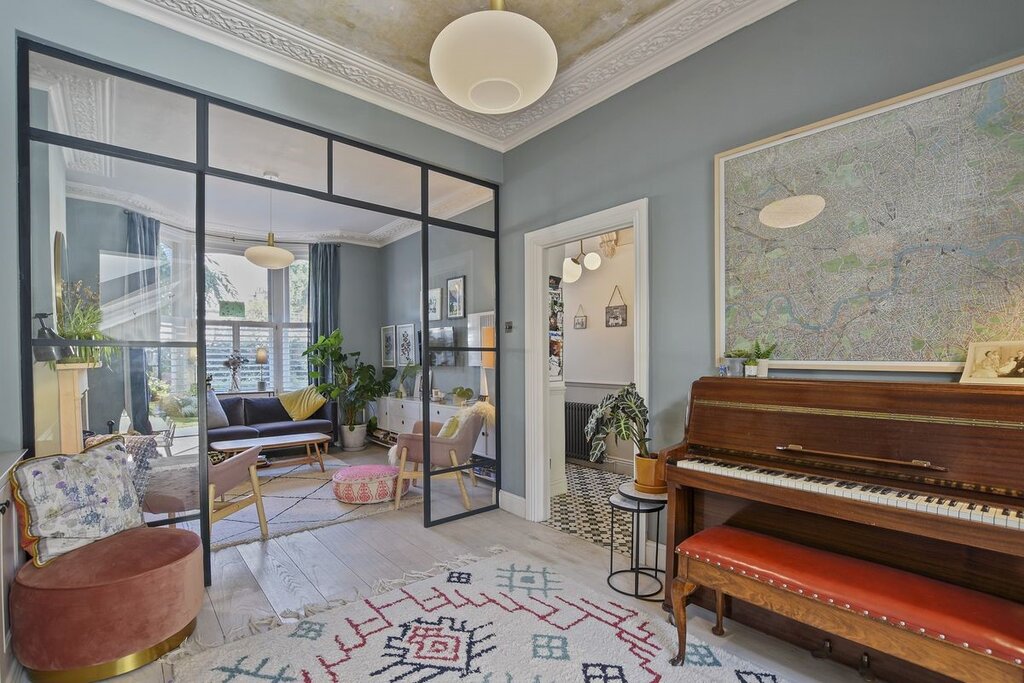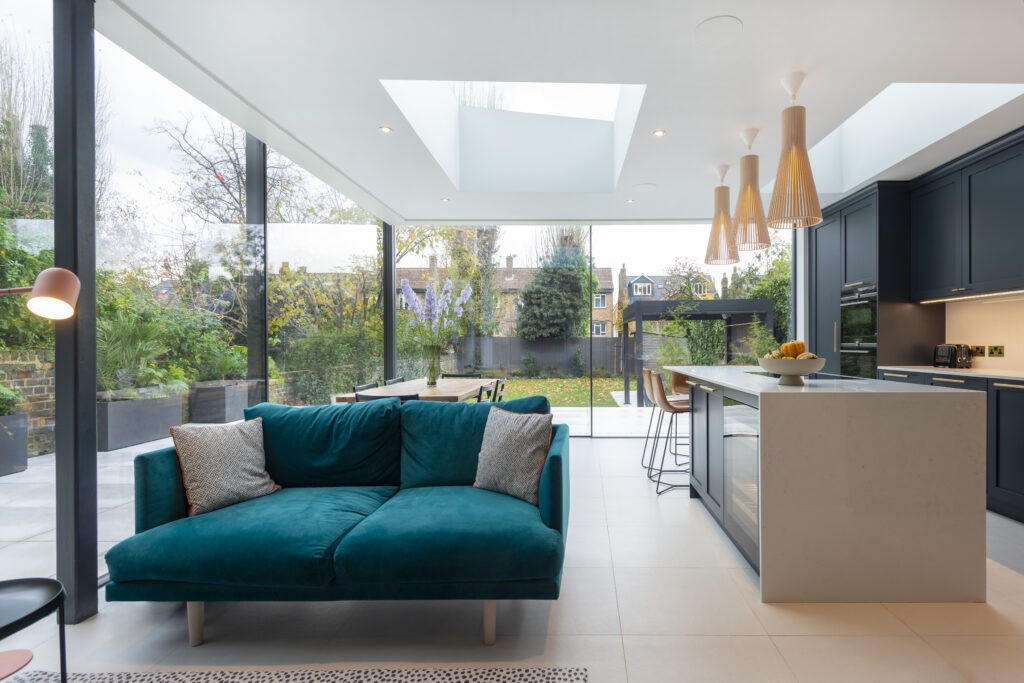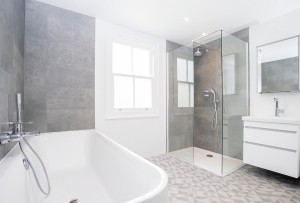Home renovation can be an exciting opportunity to increase space, refresh interior design and even raise property value. It’s your chance to create a home that perfectly suits your needs and reflects your vision. However, the process can also bring its fair share of challenges and disruptions. From managing budgets and timelines to coping with inevitable mess and complications, home renovations can sometimes feel overwhelming—especially when unexpected issues arise.
The good news is that with careful planning and the right team, you can keep your renovation running smoothly while maintaining as much normalcy as possible. Here are a few tips on how to keep your renovation on track.
Plan Ahead
The key to reducing renovation stress is planning and organisation. Before construction begins, sit down with your architect or contractor to create a detailed timeline that outlines every step of the project. This schedule should include milestones, expected completion dates and when specific areas of your home will be impacted.
Clear communication with your renovation team is essential. Make sure they understand your priorities, any concerns you have and specific requirements like work hours or access to utilities. Consider how aspects of the renovation, such as losing access to water or heating, might affect your household—especially during colder months or if you have children or pets.
Taking time early on to create a cohesive plan ensures that you, your family and your team are on the same page, keeping everything running smoothly and unexpected hiccups to a minimum.

Repurpose Rooms
When your home is under construction, flexibility is key. If you’re losing access to your kitchen, for example, set up a temporary cooking area in another part of your home. A spare room, basement or even a well-equipped garden shed can work as a stand-in for a functional kitchen. Keep essential items like a microwave, kettle and mini fridge on hand to make day-to-day life easier.
It’s also a good idea to designate a “construction-free” zone in your home where you can relax and carry out daily activities without dealing with the mess. An area free of dust and debris can provide a much-needed escape during the busiest phases of the project.
For larger projects, consider ways to limit the spread of dirt and disruption. For example, side or rear extensions often allow workers to access the site without entering your main living areas, reducing mess in shared spaces.
Temporary Living Situation
If you’re planning an extensive renovation, it might be worth considering living somewhere else temporarily. Moving out during any degree of construction can be a good idea, as it saves you from dealing with the mess, noise and restricted spaces.
Living off-site can be particularly beneficial if you work from home, have small children, or just need a quiet home environment. Moreover, moving out can also speed up the renovation process, as contractors often find it easier to work without worrying about disrupting your daily life.
While relocating may add an extra cost to your budget, the comfort and convenience of coming back to a finished project often outweigh the hassle of staying put, especially if you factor in the impacts it could have to your overall timeline.
Find the Right Team
Choosing the right professionals for your renovation will make a world difference. From the architect to the contractor, you want a team that is experienced, trustworthy and communicative.
Start by seeking recommendations from friends or family who’ve completed similar projects. Read reviews, check portfolios and ask for references to ensure you’re hiring a team that aligns with your vision and standards.
A reliable team will help you create realistic timelines, address any concerns you have and offer practical tips to make the process smoother. Clear, positive communication with your renovation team will go a long way towards reducing stress and keeping the project on track.

Storage
Renovations will nearly always require clearing out rooms to make space for construction. To avoid damage to your belongings, consider moving furniture and valuables into storage.
If you have a spare room, garage or shed, these can serve as temporary storage spaces. For larger projects, renting a storage unit nearby is a smart way to protect your items while freeing up space for work to progress more efficiently.
Decluttering during this time is also a great opportunity to evaluate what you really need, giving you a fresh start once your renovation is complete.
Keep Neighbours Informed
Home renovations don’t just affect you – they can also impact your neighbours. Being upfront about your plans can help maintain good relationships and reduce potential friction.
Let your neighbours know about the timeline for your project and any particularly noisy phases, such as demolition or heavy equipment use. A simple conversation or note can go a long way towards managing their expectations and showing that you’re considerate of their comfort.
Keeping neighbours in the loop will help foster goodwill and make the renovation process easier for everyone involved.

Contingency Plan & Budget
Even the most carefully planned renovations can encounter unexpected issues. Having a contingency plan and budget in place will help you handle these surprises with minimal stress.
Set aside 10-15% of your overall budget to cover unexpected costs, such as unforeseen structural issues or last-minute changes to the design. Similarly, leave some wiggle room in your timeline to account for delays caused by weather, supply chain issues or other unforeseen events.
A solid contingency plan ensures that you’re prepared for the unexpected and can keep your project moving forward without derailing your schedule or finances.
While home renovations can be disruptive, they don’t have to overwhelm your life. With proper planning, creative problem-solving and the right team by your side, you can keep stress to a minimum and focus on the bigger picture.
Whether it’s setting up a temporary kitchen, storing your belongings safely, or considering a temporary move, small adjustments can make a big difference in how smoothly the process goes. By staying organised and proactive, you’ll not only minimise disruption but also manage stress to make the process (somewhat!) enjoyable.
































